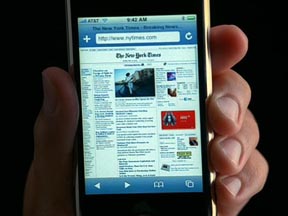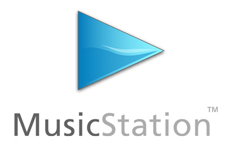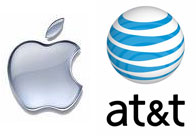 While it’s yet-to-be confirmed, TechCrunch reports that News Corp. and NBC’s joint venture, Hulu, has made its first acquisition: Bejing-based startup Mojiti. It’s thought that Mojiti, an online video platform that enables users to annotate videos at specific time points (while also forming the basis for search functionality) will provide a part of the technology used to power Hulu. Mojiti founder, Eric Feng, was previously at Microsoft Research Asia.
While it’s yet-to-be confirmed, TechCrunch reports that News Corp. and NBC’s joint venture, Hulu, has made its first acquisition: Bejing-based startup Mojiti. It’s thought that Mojiti, an online video platform that enables users to annotate videos at specific time points (while also forming the basis for search functionality) will provide a part of the technology used to power Hulu. Mojiti founder, Eric Feng, was previously at Microsoft Research Asia.
TechCrunch editor, Mike Arrington, expresses surprise that Hulu would go outside for some of its core technology, while conceding that, having missed their previously announced launch date of summer 2007, an acquisition could get things back on track.
![]() Veoh, the company behind the video sharing site of the same name, as well as the Internet TV app, VoehTV (see our review), have announced a new set of funders. Joining ex-Disney CEO, Michael Eisner, along with Shelter Capital Partners, Spark Capital, and Time Warner Investments, Veoh’s backers now also include former Viacom and MTV Networks CEO Tom Freston’s Firefly3 and Jonathan Dolgen, former Chairman and Chief Executive Officer of Viacom Entertainment Group.
Veoh, the company behind the video sharing site of the same name, as well as the Internet TV app, VoehTV (see our review), have announced a new set of funders. Joining ex-Disney CEO, Michael Eisner, along with Shelter Capital Partners, Spark Capital, and Time Warner Investments, Veoh’s backers now also include former Viacom and MTV Networks CEO Tom Freston’s Firefly3 and Jonathan Dolgen, former Chairman and Chief Executive Officer of Viacom Entertainment Group.
That’s a pretty heavyweight media lineup, with plenty of Hollowood/TV network connections, which, moving forward, is likely to be a prerequisite for companies in the Internet TV space whose success will in part be based on their ability to secure major content deals. In this respect, VeohTV competitor, Joost, looks particularly well placed with backing from CBS and Viacom.

 As the music industry continues to search for an answer to dwindling sales and the continual proliferation of illegal file-sharing, an old idea looks to have resurfaced.
As the music industry continues to search for an answer to dwindling sales and the continual proliferation of illegal file-sharing, an old idea looks to have resurfaced. I have a question for you. How do you like your music?
I have a question for you. How do you like your music? While many
While many  The good news: Major U.S. television networks continue to embrace Internet technology and are putting their shows on the Web for online viewing, just like they did last year.
The good news: Major U.S. television networks continue to embrace Internet technology and are putting their shows on the Web for online viewing, just like they did last year.
 Faced with the near-death of the CD single and a year-on-year decline in physical music sales, Sony BMG has invented a new format which aims to cash in on the popularity of mobile phone ringtones. The CD “ringle”,
Faced with the near-death of the CD single and a year-on-year decline in physical music sales, Sony BMG has invented a new format which aims to cash in on the popularity of mobile phone ringtones. The CD “ringle”,